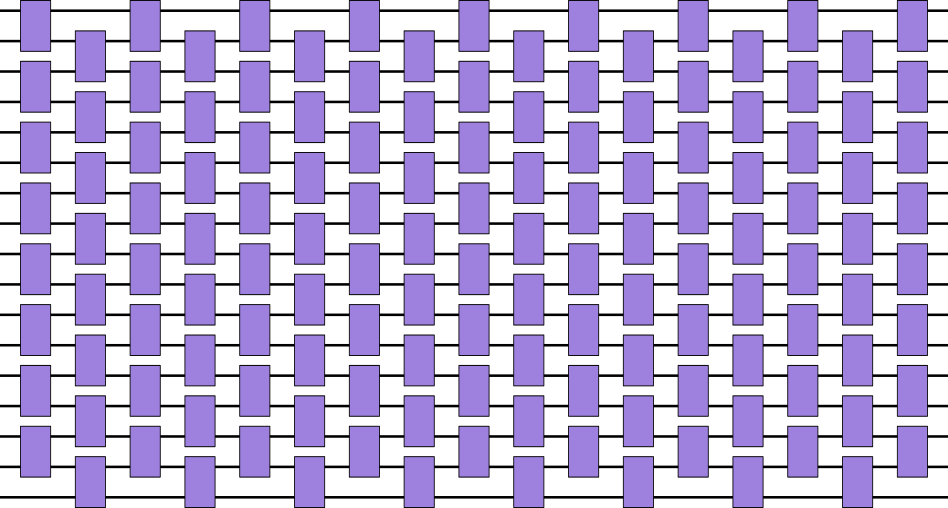In addition to software for building and testing circuits (Cirq), we have a library of research experiments using Cirq -- ReCirq!
This repository contains code for our flagship experiments, enabling you to reproduce and extend cutting edge quantum computing research.
Quantum researchers
For quantum researcher developing world class NISQ experiments, ReCirq provides the template for your future experiments. Experiments such as QAOA and HFVQE provide a template for performing variational algorithms demonstrating the iteration between data collection and circuit parameter adjustment. Other experiments such as the Fermi-Hubbard experiment can be used as a template for exploring dynamics of condensed matter physics with sophisticated calibration techniques.
If you are learning quantum computing, try out the tutorials and familiarize yourself with the experiments. While these experiments are more complicated than some example introductory algorithms found in a quantum computing textbook, if you put in the effort to understand them you will be on the cutting edge of experimental quantum computing! The code documented here was used to produce high impact publications.
How to use this code
There are many ways you can use ReCirq. One path is as follows:
- Pick an experiment that most closely matches your interest.
- Read the paper.
- Pay careful attention to the error mitigation and calibration techniques used in the experiment to maximize performance.
- Go through the tutorial of each experiment. It will give you an overview
of how the experiment actually works. Try out the tutorial either on your
simulators or actual quantum computers.
- Pay attention to the dependencies of the experiments. This includes Cirq, libraries like OpenFermion, and qsim.
- Read the guide to learn about best practices for building up your own experiment.
- Go build your own experiment. If it is cutting edge, please contribute back to ReCirq!
Contributing to ReCirq
We hope ReCirq will become the go-to repository for cutting edge NISQ experiments. By contributing experiments or modifications to ReCirq, your research will be exposed to quantum researchers around the world to reproduce and extend your results. Contributed documentation and tutorials will be used by teachers in quantum information science to train the next generation of students.

